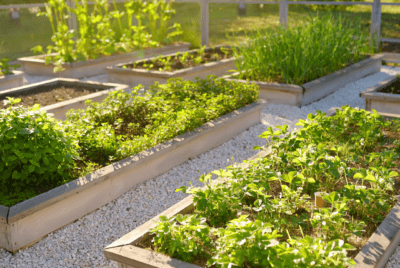RESEARCH
Nature-Assisted Therapy: Systematic Review of Controlled and Observational Studies
Summary
This paper is a review of existing research on something called nature-assisted therapy (NAT). NAT is basically using nature, like plants and outdoor spaces, to help people who are sick or have health problems. The authors looked at many different studies to see if NAT really works for treating diseases and improving health. They wanted to find out what kinds of natural environments and activities are helpful, for what types of patients and conditions, and in what situations NAT might be best.
The review found that there is evidence suggesting NAT can be effective for a variety of health issues. Many studies reported improvements in different areas, including people’s mood, stress levels, attention, and social skills, and for conditions ranging from mental health problems like schizophrenia to physical issues like obesity. The types of NAT studied included working with gardens (horticultural therapy) and programs in natural environments like wilderness therapy. While the authors noted that the quality of the studies wasn’t always the same, they concluded that NAT appears to be a useful tool for public health, and they suggested that more research should be done to better understand how and why it works.







